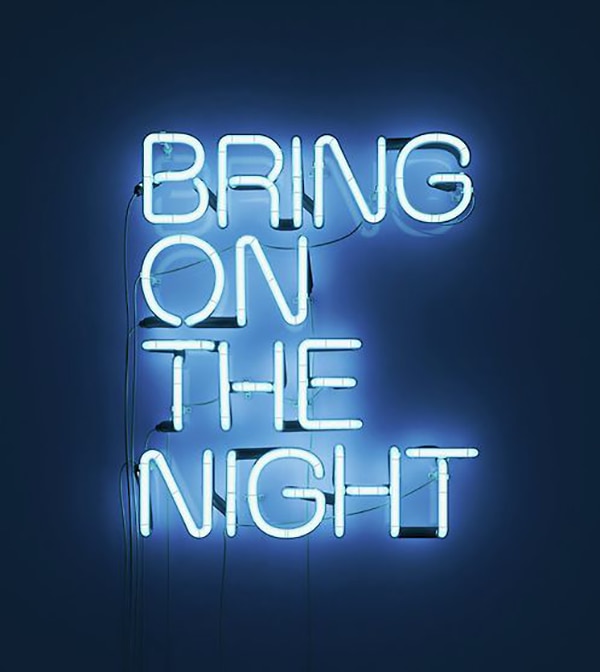Many of you are always telling me how stressed you become when trying to sleep, whether it is your lively children, your new infant, bossy guests, cranky in- laws or just your unsettled selves. I have written many posts about the best window treatments for darkening bedrooms to ease you into a peaceful slumber for deep or sensitive sleepers. Lots of window coverings for any sleeping venue or temperament are available at Blindsgalore, but since sleep is such a critical part of our lives to keep us healthy, sane and productive, I am sharing a few noteworthy thoughts about our circadian rhythms that ebb and flow during the day. Circadian comes from the Latin-“circa” meaning around and “diem” meaning day.

Every 24 hours our circadian clock is reset, responding to sunlight which affects our physical, mental and behavioral responses during the day. This inner body clock that ticks deep inside the brain, near the optic nerve takes its cues from light, with the help of melatonin, a hormone, which wakes us up each morning and causes drowsiness at night. Our body temperature is raised and lowered during critical times of the day and certain hormones and insulin are released by our circadian clock. In addition, blood pressure, heart activity, oxygen use, mental alertness, hunger pangs and metabolism are all entangled in this complex clock, getting ready to explode when sleep is disrupted and we go haywire! When that happens, we are more prone to sickness, apt to be in bad moods, heart problems arise and our mental acuity is diminished. I know each of you know how you feel when this happens to you. Aargh!

Studies on circadian rhythms show that late morning is the best time to tackle mental computational tasks or projects where lots of information needs to be juggled. As the day fades, reserve late afternoon for simple tasks. Whether you are a morning or an evening person depends on your particular body clock and how your exposure to light sets your clock, moderated by centuries of embedded brain responses. New studies show that as we age some of the proteins we need to keep our clock on track actually deteriorate, but that our brain tries to compensate for this drag by activating unused genes or resources to create more “clock power.”

We may never know how to unleash the power or understand the complexity of our brain in guiding us through our lives, but we do know how crucial a good night’s sleep is in maintaining equilibrium, alertness, happiness and well-being. You can increase the light radiating into your bedroom each morning as you welcome the day and serene darkness enveloping you each night as you easily raise or lower your perfect bedroom blinds or shades. You might just be a touch away from your dreams!


